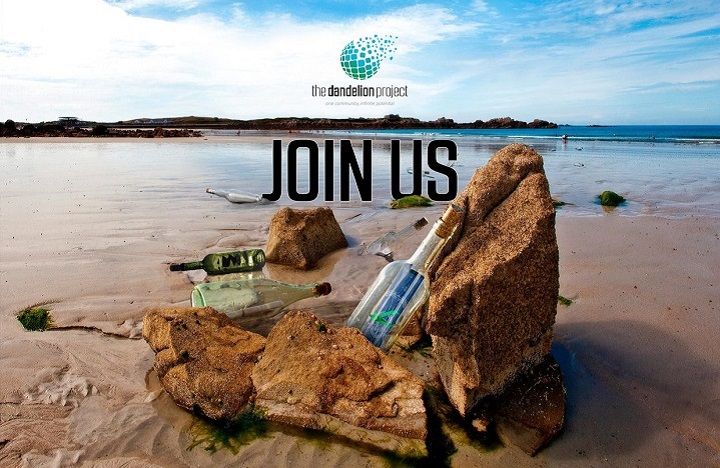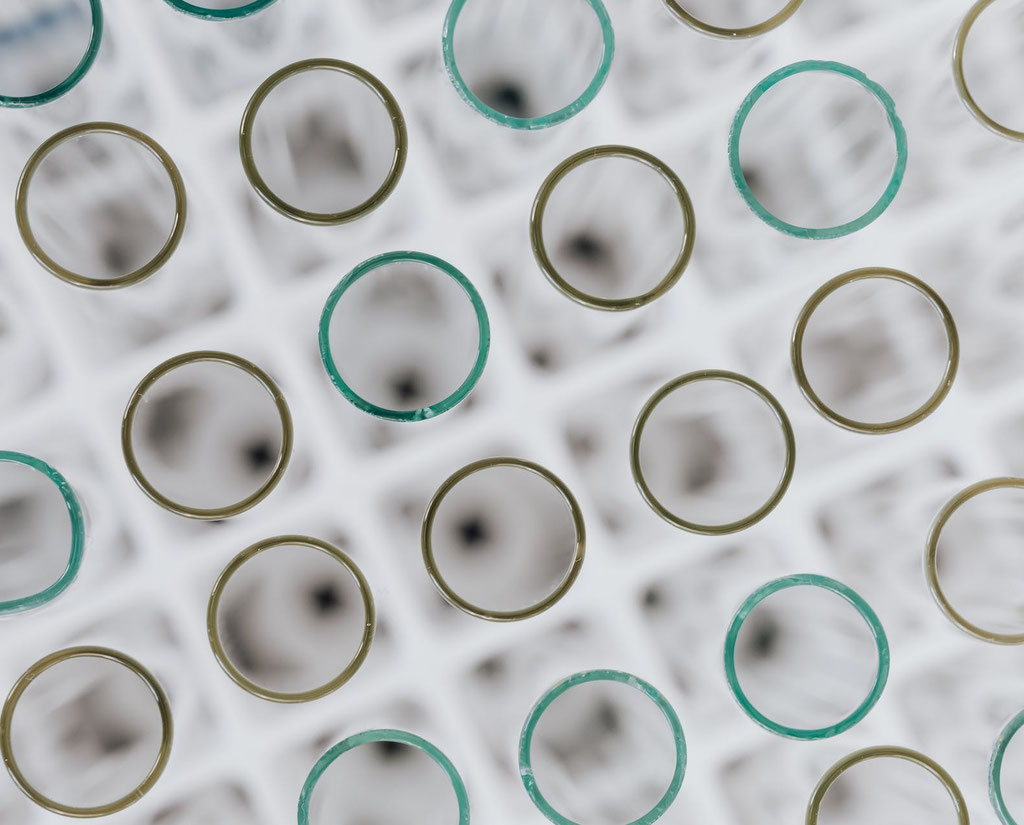
If you're like most people, then chances are you've never heard of a place called Guernsey. Officially known as the Bailiwick of Guernsey, this small island with a population of 60,000 and its own parliament is a possession of the British Crown and located in the English Channel off the coast of Normandy. But in the coming years, if people like Marc Winn get their way, this place will become renowned as being the best place on Earth to live.
A self-made individual who got his start creating, leading, and then selling a million-pound vitamin mail-order business, Winn also worked for a London-based ecommerce agency before launching his own website and becoming a self-employed "Life Enhancer" in 2008. Since that time, he has mentored aspiring entrepreneurs to look beyond profit margins to consider how they might impact the lives of billions of people.
This is also the goal of the Dandelion Project, an organization Winn helped create that is dedicated to the singular goal of making the small island of Guernsey the best place to live by 2020. Inspired by the kind of thinking behind the XPRIZE and Apollo space program, Winn believes that setting lofty goals and incentivizing the development of ideas have the power to transform society.
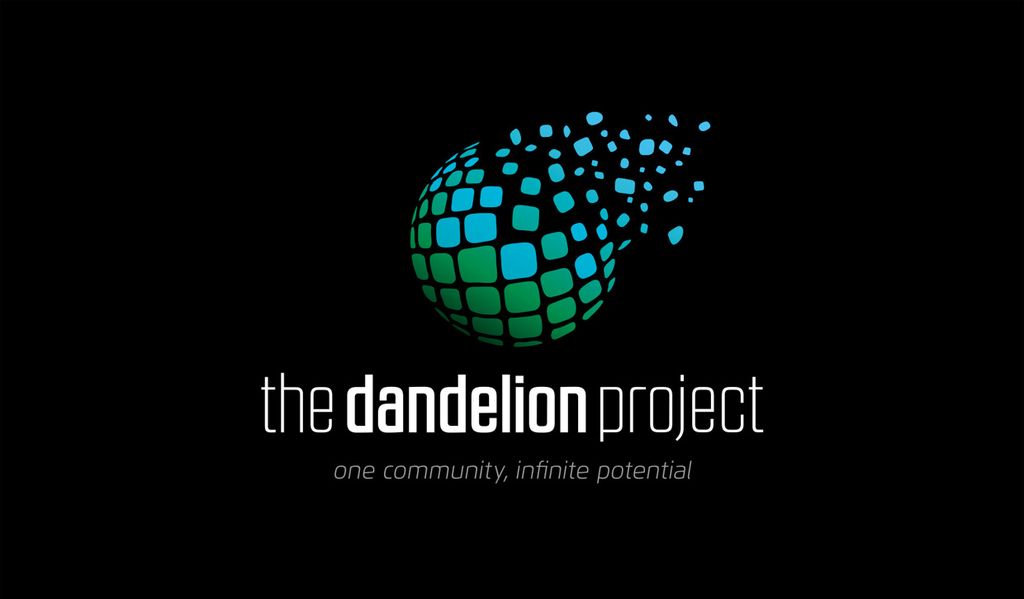
Founded by Marc Winn, the Dandelion Project is dedicated to transforming Guernsey into the best place to live by 2020. Credit: dandelion.gg
As Winn explained in an interview with the Pioneer Post: "With the Apollo programme they said they’d put a man on the moon by the end of the decade in the 60s, which was crazy given the technology at the time, but still they managed it."
"My friend Jock was the first person to say yes to this crazy idea over coffee, so we decided to make Guernsey the best place to live on earth by 2020 - it was also something of a joke to see if just by standing up and saying something it would actually happen."
Last March, Winn and Jock launched a TEDx talk to bring people from around the world together to address the question of how they might go about doing this. The event drew such luminaries as Josh Valmann, the 19-year old who founded RPD International; Mike Dickson, the founder and CEO of the Rainmaker Foundation; Carol Vivian and Michelle Ayres, two dedicated mental health and education experts; and Seán Dagan Wood, the editor of Positive News.
Thanks to this event and their ongoing efforts, Winn and Jock have managed to turn what began as something involving just the two of them into a movement that embraces hundreds of people, all of whom are deeply involved with the local community and looking for ways to change it.

Castle Cornet, which overlooks the harbour of Guersney's capitol of St Peter Port. Credit: gov.gg
Rather than defining exactly what it is they are looking to improve, the Project takes a more open approach. As it states on their website, the goal is to create "a lens for every islander to look through, to see the possibility for what they can achieve for their community in years to come”.
Naturally, this plan did not emerge in a vacuum, but is part of a general discussion taking place in Guersney right now over the future of finance, tax and spending. In a series of reports that are collectively referred to as "2020 Vision", the government of Guernsey has outlined its long-term stratefic aims for ensuring the health and social care for its community.
Central to this plan are the realities of an aging population, rising health care and pension costs, and a diminishing workforce. As such, the plan calls for a shift to take place, one where taxes will need to be increased, services and spending will need to cut, and the cost of government will need to move from 25% to 28% of the island's GDP.
Rather than rely on the government to go about doing this, Winn believes that the people of Guernsey have the resources they needs to effect the necessary transformation. Rather than simply sacrificing quality of life in order to meet a changing budget environment, he believes that an innovation solution is possible that could improve the local's quality of life and address budget and demographic concerns.
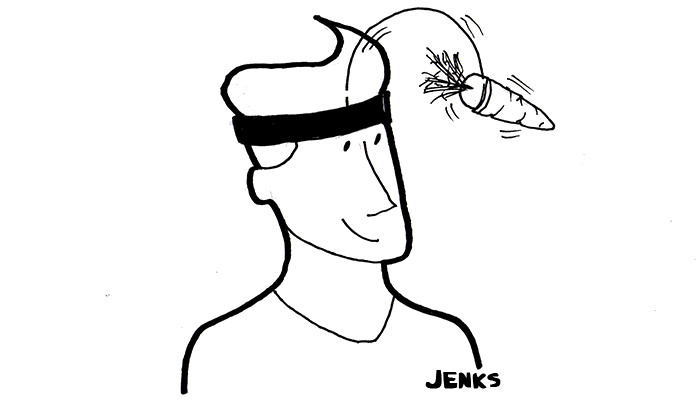
Winn believes that the combination of community and technology will usher in a change in the way people govern themselves. Credit: theviewinside.me
These and other thoughts were expressed by Winn in a recent essay that appeared on his website, entitled "The End of Government?":
"I spend my life looking at the extremes of human potential. Whether in individuals, organisations or the world, I am constantly researching the best approaches to allow the human race to deliver on its true potential. And this brings me to the power of incentivisation: prize competitions and the ability for communities to use them to change the world. Incentivized competitions are the most effective methodology in the world to solve big problems and drive global innovation."
As proof, Winn cites the success that prizes had in the 18th, 19th and early part of the 20th centuries - as well as the more recent example of the Ansari XPRIZE - in driving innovation: "We are now starting to see fruits of that prize," Winn wrote, "with companies like Virgin Galactic, Space X and Blue Origin taking orders of magnitude out of the cost of space travel. The prize movement is starting to take off again, and spread. Within a decade, it will be one of the main mechanisms used to drive innovation in the world."
So in addition to addressing the issues currently being faced by the island community, for Winn, there is also the potential that crowdsourcing, crowdfunding, incentive prizes, and community-based planning has for replacing the inefficiencies of government. As Winn sees it, in an age of abundance, bureaucracies that are specifically designed to deal with scarcity are no longer necessary.
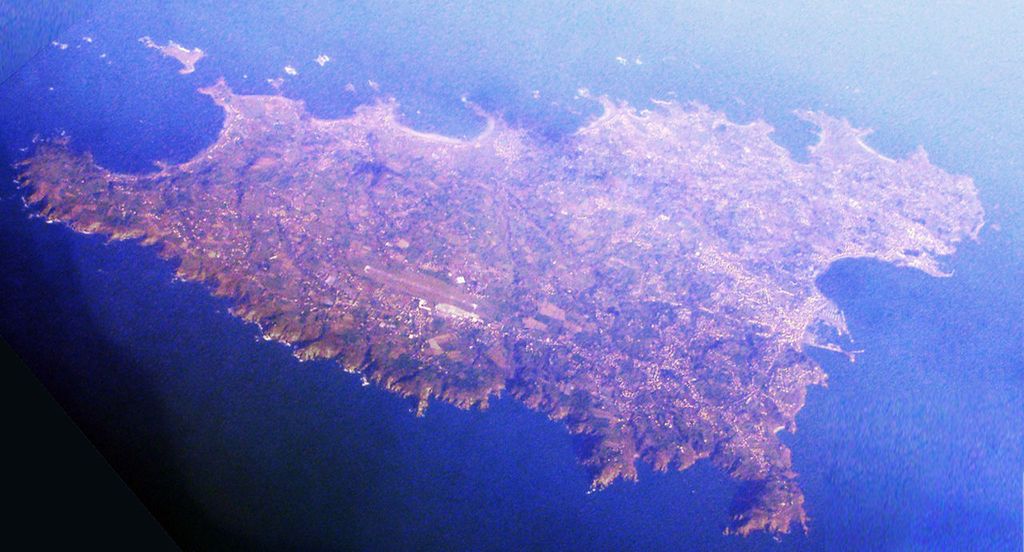
Aerial photograph of the island of Guernsey, looking north. Credit: wikipedia commons
Regardless of whether or not prizes and challenges are a fitting replacement for the work that government does, the island of Guernsey does seem ideally suited for acting as a testing grounds for this kind of project. Being small, but well-peopled and highly-developed, it has all the necessary attributes to succeed when it comes to designing innovative solutions dor modern problems.
As Winn told HeroX via email: "Guernsey is both a town and a country. It is one of the world's smallest bureaucracies. Legislation is the operating system for government. Small countries have faster legislation systems than large countries. The country with the fastest legislation system on earth becomes the wealthiest and highest impact nation on earth."
"The concentration of the best ideas in the world into a small space is much likelier to deliver a radical change than spreading great ideas around the world."
Who knows where this will lead? On the one hand, the Dandelion Project and its contributors may find a way to enhance the standard of living on the island without the need for increased taxes and diminished social spending. On the other, their efforts may constitute a step towards the realization of a distributed republic or democratic anarchy, a social revolution that will change the face of government forever...
In the meantime, be sure to check out this video of Marc Winn presenting at TEDx St. Helier last year:
Top Image Credt: The Dandelion Project
